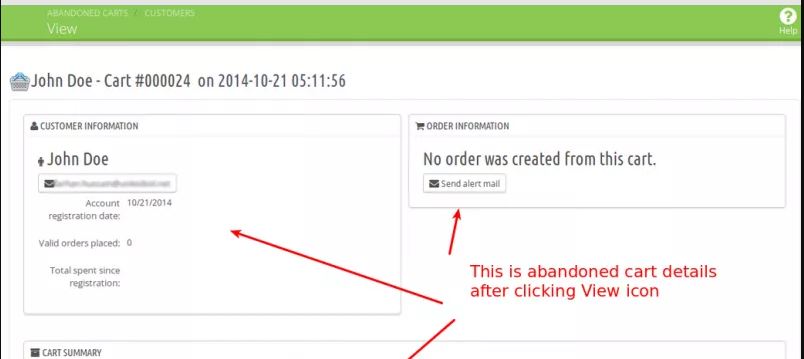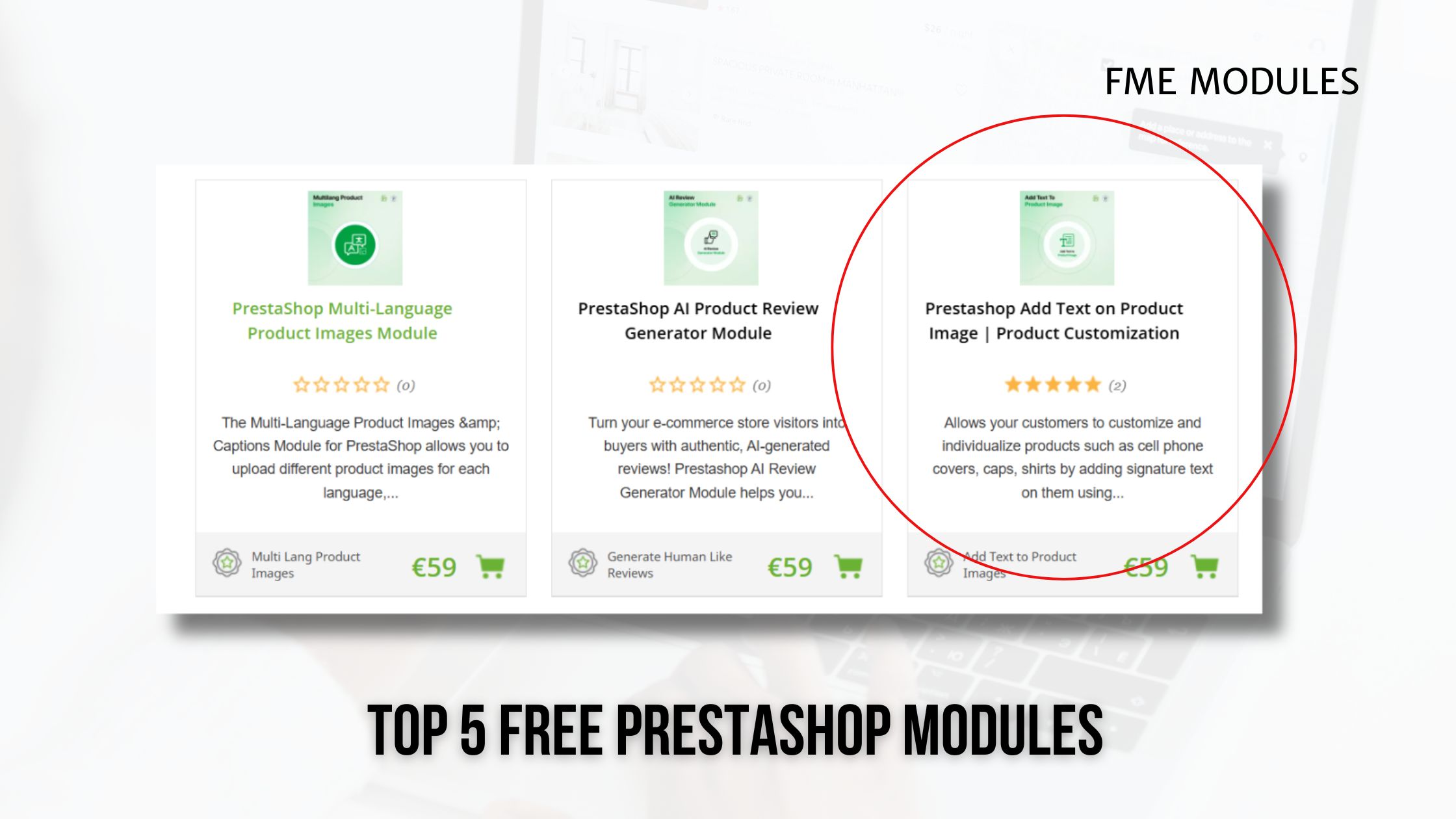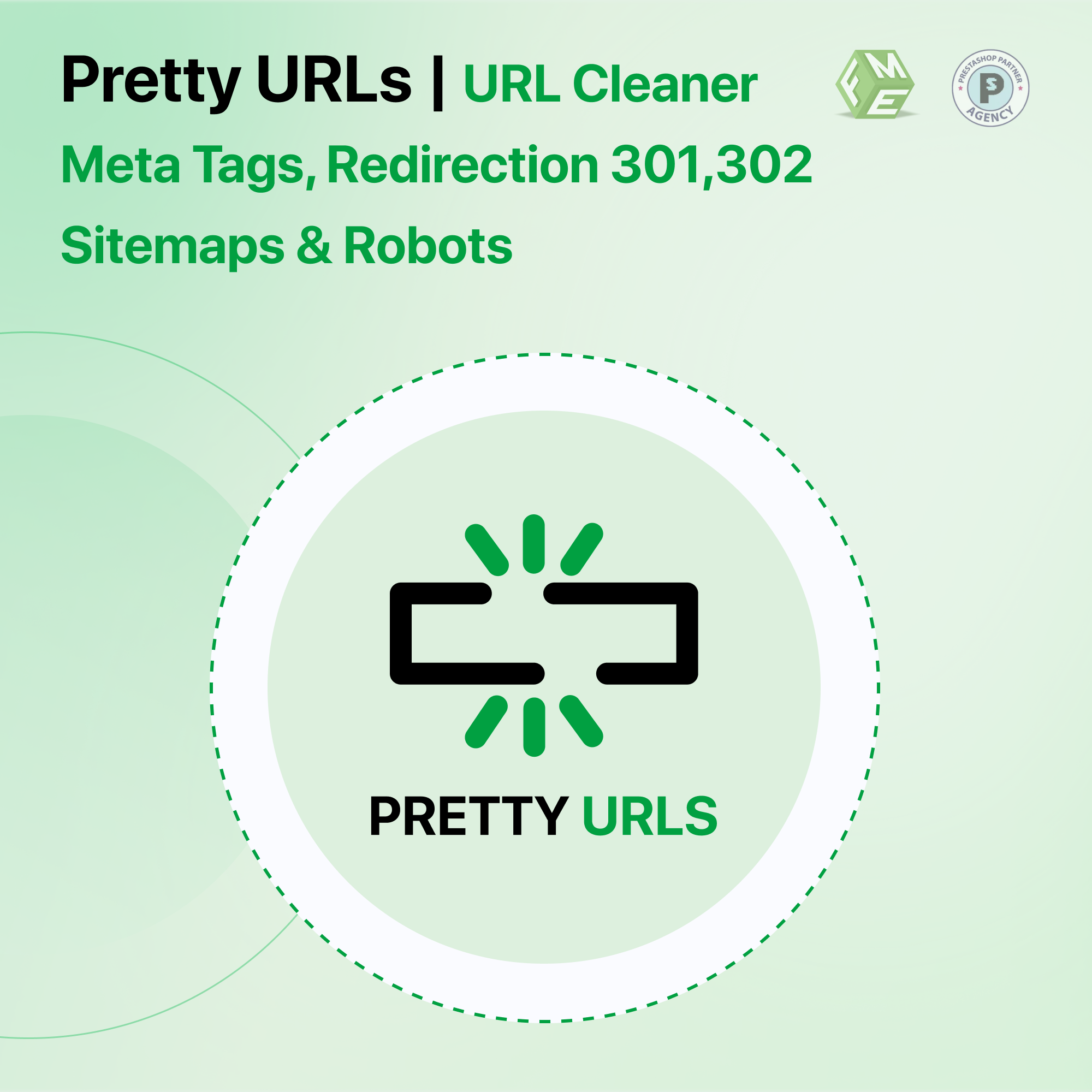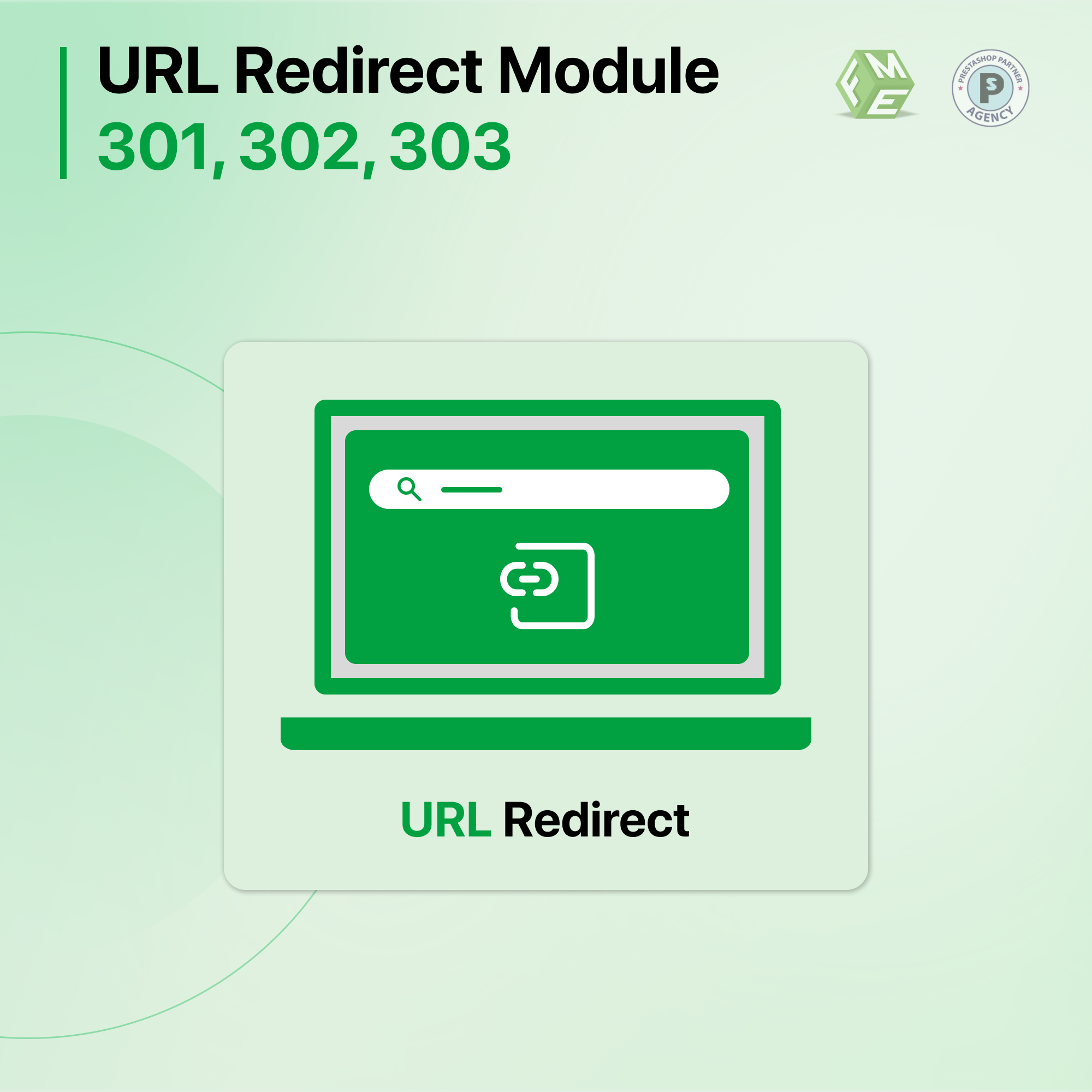Common Causes of Complex URLs - Best Practices for SEO Friendly URLs
Posted On: Sep 14, 2018
Categories: Prestashop SEO
Common Causes of Complex URLs - Best Practices for SEO Friendly URLs
Ever tried to navigate a website only to be overwhelmed by long, jumbled URLs? You're not alone. Complex URLs, with their endless parameters and session IDs, can make your site look messy and confuse both users and search engines.
In this blog, we’ll uncover the common causes of these tangled web addresses and share some simple strategies to clean them up. Let’s explore how transforming your URLs into neat, PrestaShop-friendly URLs can enhance your site's user experience and SEO.
Understanding URLs
Each page or file on your website has a URL that represents it on the internet. URLs can vary, with some being simple and clean, while others are complex and filled with parameters like session IDs, tags, or search operators. Clean URLs are preferred for better SEO and user experience. Here are some common causes and examples of ugly/complex URLs:
Ugly/Complex URLs
These URLs contain various parameters like session IDs, tags, search operators, and sorting parameters. Here are some common causes and examples of ugly/complex URLs:
Tip: Simplify your URLs with ease!
Common Causes of Ugly URLs
1. Filters
Websites often offer search filters to help users narrow down results. For example, searches for 'hotels on the beach' and 'hotels on the beach with fitness centers' might show the same hotel, creating multiple URLs for one page. This can confuse search engines. Here are some examples:

These two URLs are pointing to a single web page. Similarly, there can be several search filters that will explode the URL into too many redundant links, causing a severe problem for search engines because they need to show the search results from a small number of lists.
To address this issue, you can use the PrestaShop URL Redirect Module 301 302 and 303 to manage and streamline URL redirections effectively.
2. Parameters
Parameters like session IDs and tags can lead to many duplicate URLs. Here are a few examples:

Sorting Parameters E-commerce sites allow users to sort products in various ways, producing many duplicate URLs. Here is an example:
![]()
3. Invalid Parameters
These are the kinds of URL parameters that are unnecessary, e.g., referral parameters, which produce multiple URLs pointing to the same page. Here is an example:
![]()
To mitigate issues with URL parameters, consider using the PrestaShop SEO Module - Advance SEO Optimizer for better optimization and cleaner URLs.
4. Calendar Issues
A dynamically generated calendar may produce links to future and past dates, again producing a massive number of duplicate links to the same page. Here is an example:
![]()
5. Broken Links & Dynamic Content
Dynamic content can produce various URLs, while broken links can lead to infinite paths. Here is an example:
https://www.example.com/index.shtml/discuss/category/school/061121/html/interview
Disadvantages of Ugly/Complex URLs
- Duplicate content issues can lead to severe Google penalties like Panda and Penguin.
- Complex URLs are unfriendly for both users and search engines, lowering their value.
- Crawlers may face difficulties, slowing server response time and reducing crawler visits.
- Irrelevant pages might get ranked as search engines could choose the wrong URL version.
Google Best Practices to Solve This Problem
To avoid issues with complex URLs, follow these Google-recommended practices:
Implement Pretty URLs
Use PrestaShop-friendly URLs to set canonical links, especially for e-commerce sites.
Use Robots.txt
Block search engine access to unwanted URLs using robots.txt and regular expressions.
Use Cookies Instead of Session IDs
Track sessions with cookies rather than session IDs.
Shorten URLs
Avoid unnecessary parameters and keep URLs as short as possible.
Use No-Follow Attribute
Apply the no-follow attribute to infinite calendar links.
Check for Broken Links
Regularly check and fix broken relative links.
Use Punctuation
Structure URLs logically with punctuation, like www.example.com/green-dress.html instead of www.example.com/greendress.html.
Organize Content Logically
Ensure URLs represent content intelligently.
Apply Proper Redirection
When updating links, use proper redirection from old to new URLs. The PrestaShop Friendly URL Module can help with this.
Avoid Unnecessary URL Changes
Only update URLs when necessary, such as when cleaning up ugly ones. By following these tips and using the PrestaShop-friendly URL module, you can create cleaner, more effective URLs that enhance your site's SEO and user experience.











